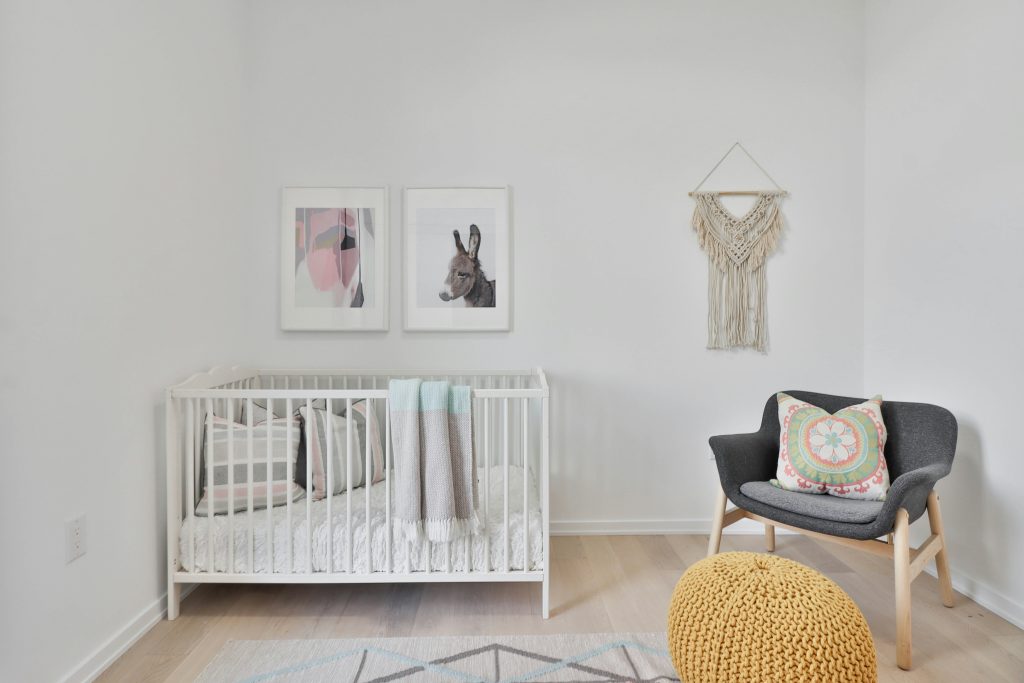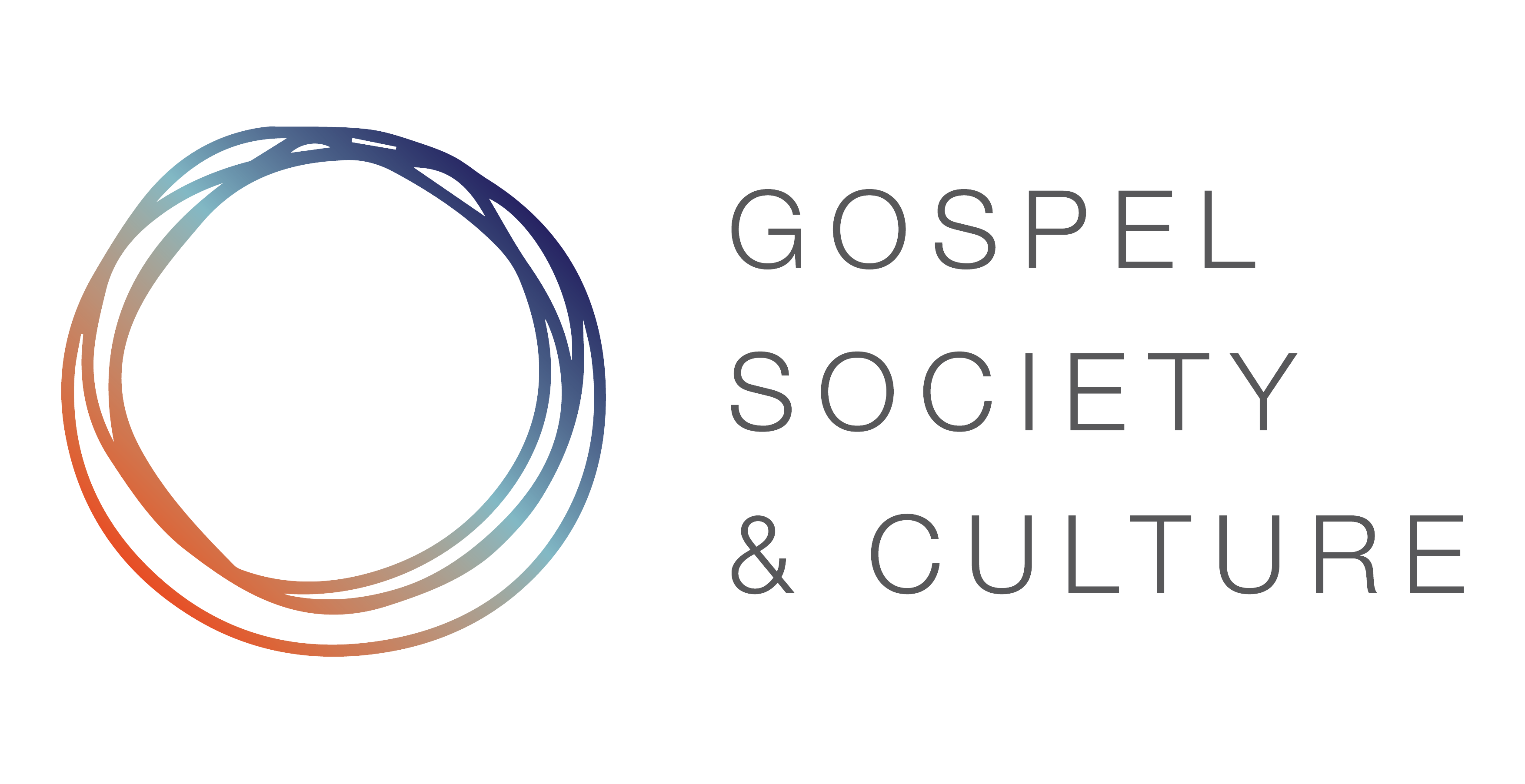by Amy Butler
The first time I had seen a corpse, it belonged to my father-in-law. I was in my early 20s, a newlywed. The gravity of loss hit me, as I awoke to the reality of our corporate mortality. The fleetingness of our humanity was tangible, right in front of me, like never before. After the initial shock, my task was to support my husband through his grief, a journey we were to traverse again just six years later.

17 years since the death of her infant son, Amy shares her experience of grief and biblical anthropology. (Photo: LotusDNP via Unsplash)
On a rainy Monday morning in July, I was home with my two-year-old daughter and my almost-three-month-old son. We’d watched Play School and I made early preparations for dinner. My son, Josiah, was a little unsettled when I put him down for his mid-morning nap. He seemed to go to sleep so I got on with my tasks. Having set up my daughter in her highchair for lunch, I went to check on Josiah.
What greeted me was not a living baby son. As with the Egyptians in the plagues of Exodus, death had entered our home – uninvited, quietly, silently – and claimed a life.
I did what any desperate mother would do. I grabbed my son out of his bassinet and called emergency services. I was hysterical. Details become confused after this. I know the ambulance arrived. They cut his blue jumper off him (the fibres remained on the floor until a kind friend vacuumed them up for us). The paramedics took him away, attempting all the time to resuscitate him. I know a neighbour was soon with me. I know I called my husband’s school where he was teaching. Adrian arrived home and took me straight to the hospital. We were ushered into a waiting room. A nurse came in and asked if we’d like to see our baby.
“Is he dead?” I asked.
“Yes,” she said.
They were still working on him until, at the direction of the doctor, they ceased their attempts to revive our son. I pleaded quietly to God for a miracle. Nothing.
I felt like I would not have cared if the ground had opened and swallowed me then and there. I could not fathom living with so much pain. But the ground did not open; instead, a midwife offered a pill to help dry up my milk. I remembered my two-year-old I’d left at home, in the care of I didn’t know who at that stage, strapped into her high chair eating a French bread stick,hummus and cucumber.
Our parents arrived, as did our pastor and the police. The inspector was very caring and respectful, but explained it was necessary to begin a coronial inquiry. By the time we got home, it was like a crime scene as officers inspected evidence, in order to establish the cause of death. I felt like a suspect. It has taken me years to come to terms with the traumatic impact of the events of that day.
17 years later, my biggest regret is that I was in a rush to get away from the hospital. I should have spent more time with Josiah’s body. It would have been helpful for my husband, daughter and me to take our time before we left his body in the arms of an ED nurse to be taken to the morgue and later transported to Sydney for an autopsy.
I don’t write this for shock or gloom. However, it’s important to be real. It’s truly awful. I didn’t think I’d ever feel okay again. Death is the complete antithesis of life. When we face death square on, it is reasonable to feel disdain for the ravages of sin in God’s world. In the words of the poet, we are indeed to rage, rage against the dying of the light.
But God is eternal. And we, as creatures stamped with his image, the Imago Dei, are created to enjoy life in good relationship with him, and each other. When death comes, we are faced with the vestiges of our broken humanity. Therefore, it is wise to learn to value our days. They may be many, they may be few. But when we are in Christ, nothing can destroy our joy. Not even death can overcome it.
That’s why, even that day in the hospital carpark, as I hugged my father, I said to him, “I know we can handle this.” Nothing but the superhuman Spirit of Christ enabled me to speak those words.
I left my son’s lifeless body at the hospital, and returned home, with my husband and daughter, to continue. To continue living.
If this blog has raised issues for you, please speak up. Contact your pastor or GP, or within the Presbyterian Church of NSW, help is also available through Jericho Road. Alternatively, Lifeline offers counselling support, by phone on 13 11 14 within Australia.
